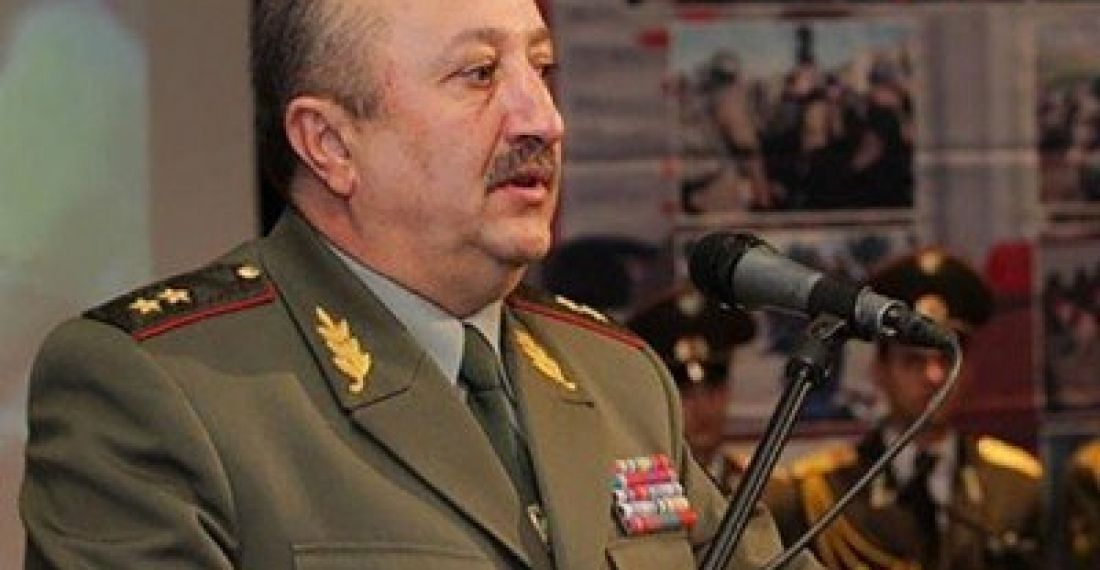Armenian prime minister Nikol Pashinyan on Monday (18 November) signed an order dismissing the Chief Inspector of the Armenian Armed Forces, Moses Hakobyan, and his two deputies.
The position of Chief Military Inspector is considered a very senior one in Armenia. Hakboyan had before occupying this post been the Commander of the military formations of the self-declared Nagorno-Karabakh Republic.
On Tuesday, Armenian media speculated about the reasosn for Hakobyan's dismissal. The newspaper Irates linked the dismissal to current political developments within the Armenian political elite in Nagorno-Karabakh and suggested that Hakobyan had been planning to give support to one of the presidential candidates Masis Mayelyan in the forthcoming presidential elections in the territory, whilst Pashinyan is supporting another candidate, Arayik Harutyunyan.
Government sources have however downplayed the speculation and insisted that the changes within the Military Inspectorate were part of "structural changes". A spokesperson for the Defence Ministry said that forthwith the Inspectorate General of the Armed Forces will be subordinated to the Ministry of Defence and no longer to the president of the republic. The newspaper Zhamanak even speculated that Hakobyan and his deputies will be reappointed to the new positions once the changes take place
source: commonspace.eu with agencies
photo: Movses Hakobyan (archive picture)







